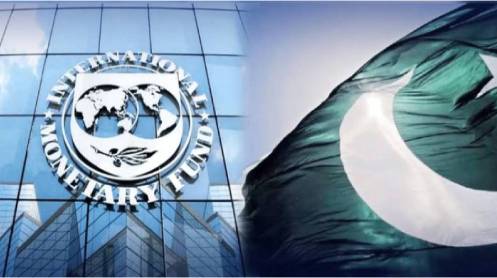ISLAMABAD: Amid strong protests by opposition MPs, the government passed the Federal Budget 2024-25 in the National Assembly on Friday. The approval, which came ahead of crucial talks with the International Monetary Fund (IMF), includes several amendments but also increases taxes, offering no relief to taxpayers.
The Finance Bill 2024, with a total outlay of Rs18.877 trillion, sailed through the lower house after a clause-by-clause reading. Specific amendments moved by Finance Minister Muhammad Aurangzeb Khan were incorporated, while all amendments from opposition members were rejected.
Key amendments include:
Tax Rates for Hybrid Vehicles: Reduced tax rates will continue until June 30, 2026. Vehicles with engine capacities up to 1800cc and between 1801-2500cc will be taxed at 8.5% and 12.75%, respectively.
Federal Excise Duty on Cement: Increased from Rs3 per kg to Rs4 per kg.
Sales Tax Benefits for FATA/PATA: Extended for another year.
Corporate Tax for Exporters: Exporters will now be subject to the standard corporate tax rate of 29% plus applicable Super Tax, instead of the previous 1% tax on export turnover.
Surcharge on High Incomes: Individuals or associations earning upwards of Rs10 million per year will pay a 10% surcharge on their income tax.
Levy on Petrol and Diesel: Increased from Rs60 per litre to Rs70 per litre, to be imposed gradually. Light diesel oil and kerosene oil will have a Rs50 per litre levy, and high-octane will have a Rs70 per litre levy.
Finance Minister Aurangzeb Khan declared the budget a “growth budget” aimed at boosting economic growth. He reiterated the government’s commitment to increasing the tax-to-GDP ratio to 13% from the current 9.5%. The minister also highlighted macroeconomic stability and outlined plans to curb tax evasion and expand the tax net.
Despite severe criticism from the opposition, who argued the budget fails to address the country’s critical economic challenges, the bill was passed. Opposition leader Omar Ayub criticized the lack of consultation with key stakeholders and rejected the budget, stating it would further increase inflation.
Prime Minister Shehbaz Sharif defended the budget, stating that it aims to narrow the fiscal deficit by expanding government revenues and cutting unnecessary expenditures. He also highlighted the government’s resolve to support Khyber-Pakhtunkhwa in counter-terrorism efforts.
Following the budget’s passage, the house approved 53 and 25 supplementary grants for FY2022-23 and FY2023-24, respectively, along with 25 regular and technical supplementary grants for FY2023-24.
Story by Naveed Butt | Zulfiqar Ahmad







